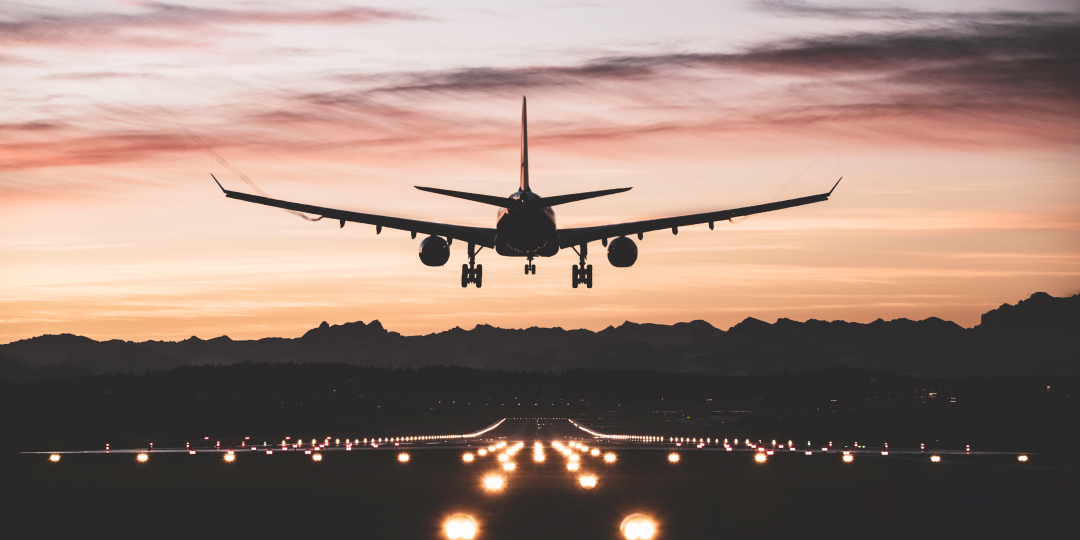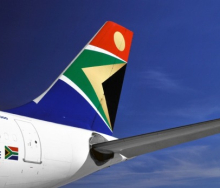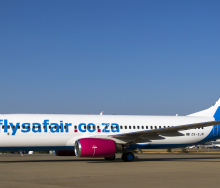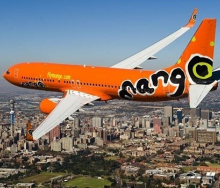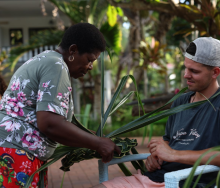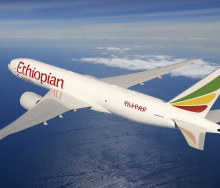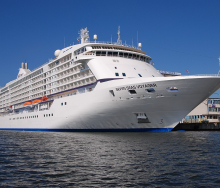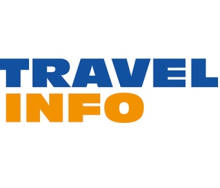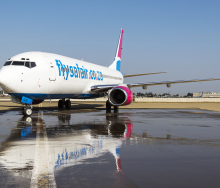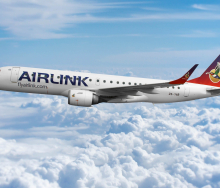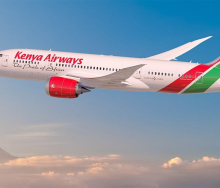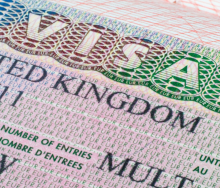While delays in establishing an independent Aircraft Accident and Incident Investigation Division (AIID) have raised concerns, aviation experts believe it is unlikely to result in a ban on South African carriers operating internationally – or on international carriers flying into South Africa – in the foreseeable future.
Last week, Business Day reported that South Africa ran the risk of being denied access to US and EU airspace because the South African Civil Aviation Authority (SACAA) had not yet separated AIID from its administrative structure. This is in contravention of ICAO Annex 13 of the Chicago Convention, which requires aircraft accident investigations to be conducted independently and impartially.
However, Guy Leitch, Editor of SA Flyer magazine, told 702’s John Perlman, that the AIID's alleged lack of independence did not breach hard law but rather an ICAO-recommended standard. Leitch emphasised that ICAO was likely to continue to offer SACAA the opportunity to meet this standard.
The issue has come to the fore following the release of the Department of Transport’s ‘Civil Aviation Policy and Legislation: Draft Comprehensive Civil Aviation Policy May 23’. It states that ICAO audits in 2007 and 2017 found that the AIID's functional independence was compromised by its administrative ties to SACAA, potentially creating conflicts of interest and risking South African airlines access to US and EU airspace.
Conflict of interest
“In any accident or incident investigation, one of the first essential things that an investigation will look at is act of omissions by the safety regulator in terms of licences issued to aircraft, crew, engineers, and maintenance facilities; whether the regulator was conducting regular inspections; and if there were any anomalies,” explained Linden Birns, MD of Plane Talking.
“So, in any incident or accident, the safety regulator will be probed and will come under scrutiny. It would be a huge conflict of interest for SACAA to scrutinise itself. Turkeys don’t vote for Christmas.”
According to the DoT, the lack of adherence to the ICAO Annex 13 standard, could result in South African airlines not being allowed to fly into the US and EU airspace and, similarly, US and EU airlines would not be able to fly into South African airspace due to safety concerns.
However, Birns points out that a denial of access to airspace may only occur under severe circumstances.
“Denying access to airspace would really only take place in the most egregious circumstances when there's been a really serious lapse in safety oversight. Or if there was massive corruption that raised a big question mark about the integrity of licences and authorisations granted by the CAA,” said Birns.
Additionally, Leitch explained that airlines’ abilities to operate in foreign airspaces were primarily governed by bilateral air service agreements.
“There are any number of other structures which allow airlines to operate into other countries – most usefully, the bilateral air service agreements. Those actually stipulate which airlines may fly, how many seats, to where, and so on, into other countries, and it's a reciprocal arrangement,” said Leitch.
“So, those would have to be cancelled long before there is any attempt to limit South Africa's ability to fly into other countries. We're a very long way from that.”
To address concerns, the DoT said it would engage with the National Treasury to secure funds for the establishment of a fully independent investigation unit.
